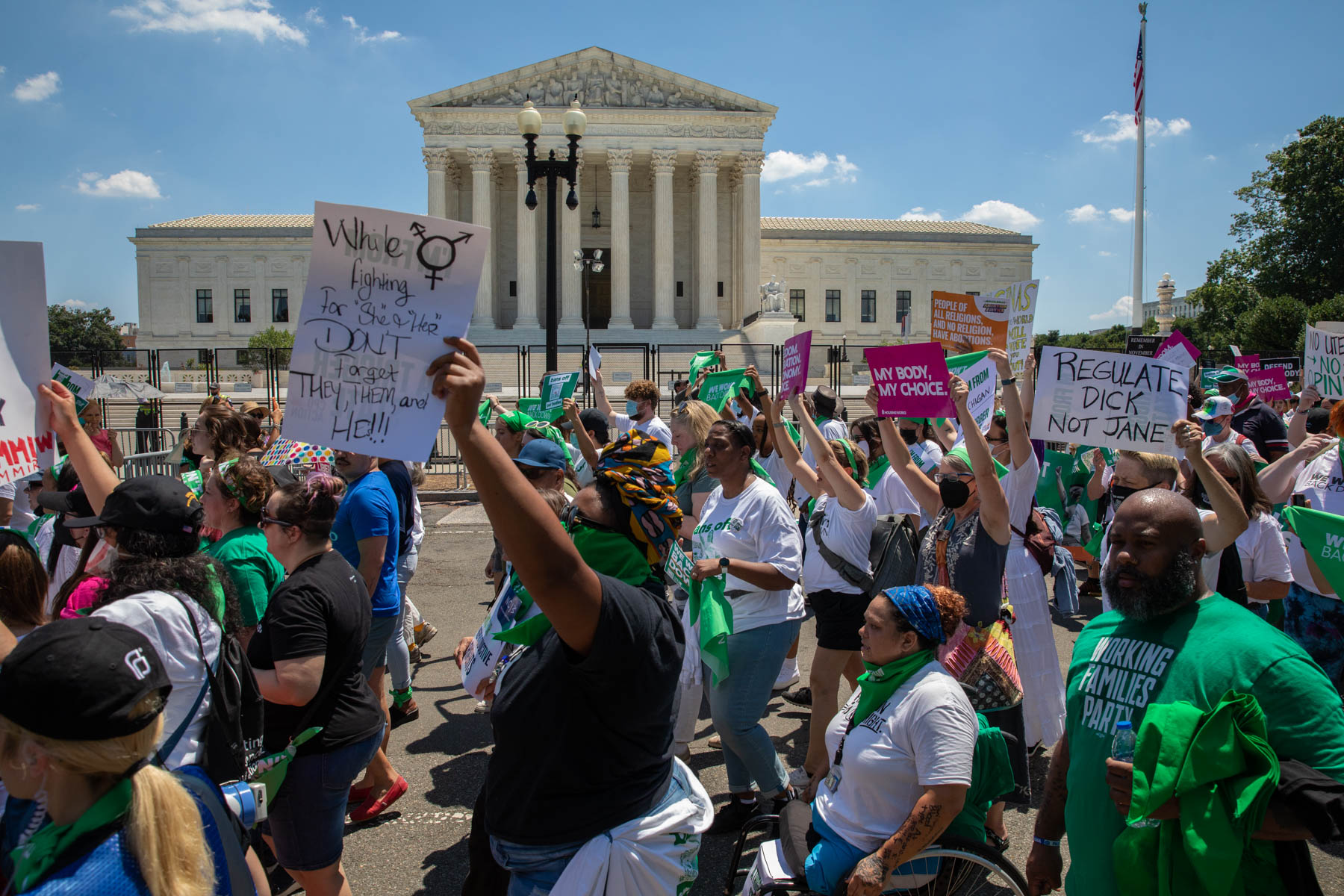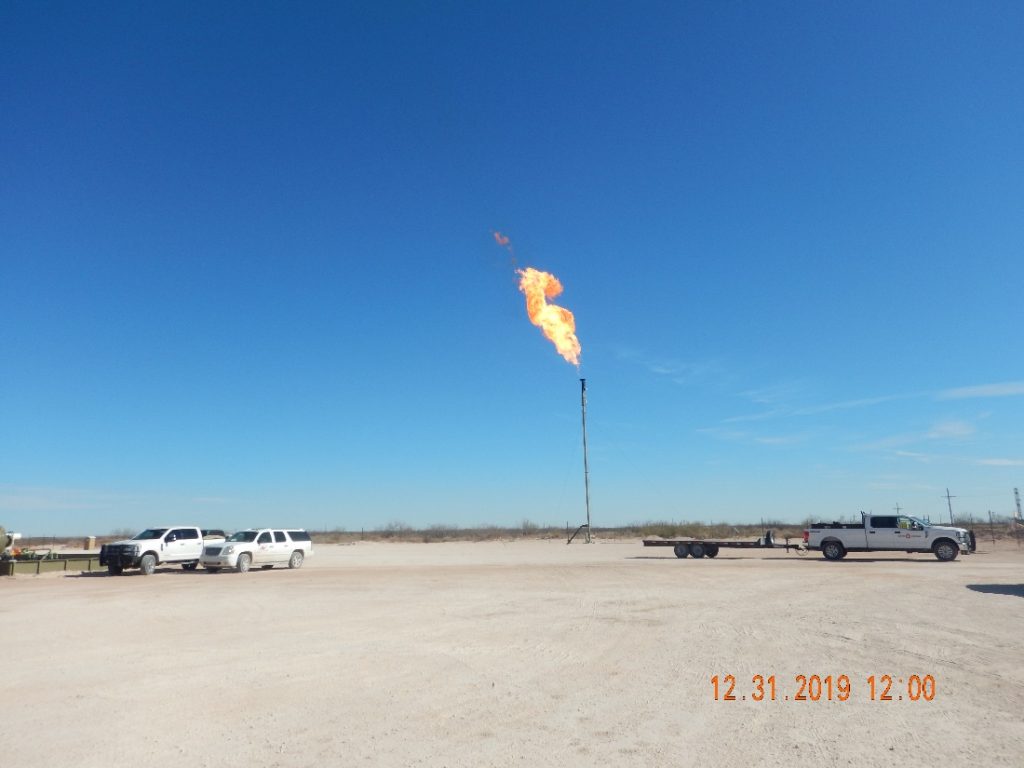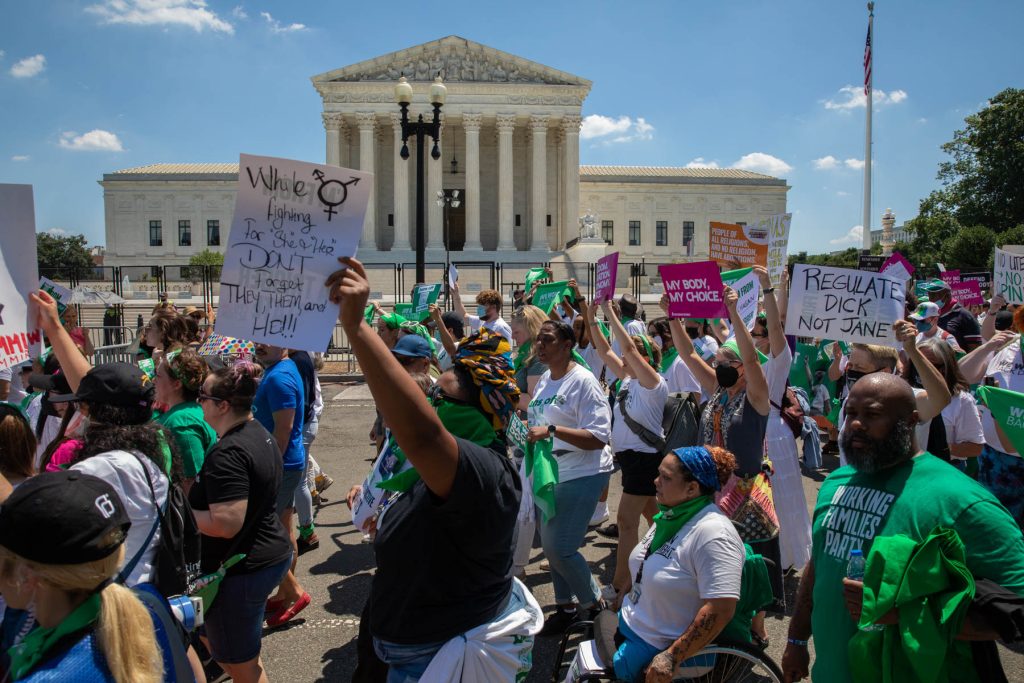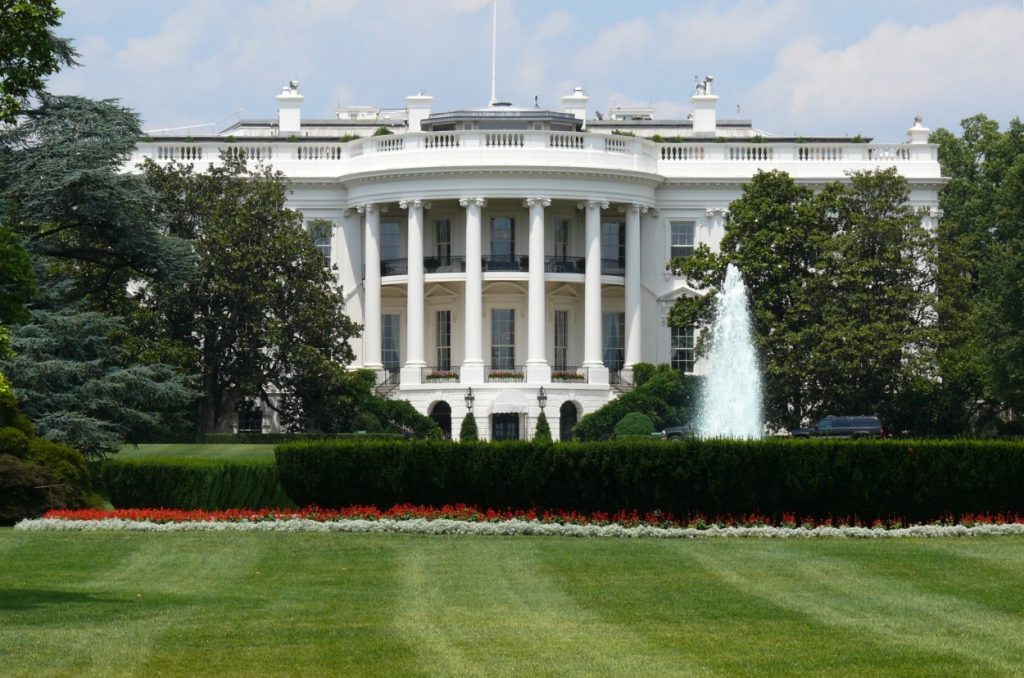The U.S. Supreme Court heard oral arguments on Wednesday on an abortion-related case, this time over whether an Idaho anti-abortion law preempts a federal law that requires hospitals to stabilize a patient in a medical emergency if that involves abortion.
Idaho’s abortion ban only allows abortion in the event the patient is facing death. There is no exception to save the health of the pregnant person. In the few months since this law has been in effect in Idaho, one Idaho hospital system reported having to airlift pregnant patients to out-of-state hospitals for care about once every other week, U.S. Solicitor General Elizabeth Prelogar told the Supreme Court during oral argument.
The case, Idaho v. United States, is the second time the U.S. Supreme Court has heard oral arguments in a case involving abortion this term. The previous case was over the availability of mifepristone, the first of a two-step abortion regimen. Justices are expected to rule on both cases in late June or early July.
The Idaho case has repercussions for states such as New Mexico in various ways. One is that if a majority of Supreme Court justices side with Idaho, it will increase more abortion patient referrals to states where abortion is still legal and safe, such as New Mexico. This comes at the same time that Arizona’s 1864 abortion ban is set to go into effect on June 8, though the Arizona House narrowly passed a repeal of that law on Wednesday, which would still leave a 15-week abortion ban in place.
Related: How the AZ Supreme Court decision on abortion impacts New Mexico
Advocates argue that another repercussion is that if the Supreme Court sides with Idaho, it could open the door to allowing any state to ban any type of emergency room care, such as providing stabilizing care in emergency rooms for patients with HIV/AIDS.
The Emergency Medical Treatment and Labor Act was enacted in 1986, under the Reagan administration, to prevent “patient dumping” on other hospitals. It requires that all hospitals that receive Medicare funding must stabilize a patient, regardless of ability to pay or insurance status, if the patient is suffering a medical emergency. Idaho and six other states have anti-abortion laws so severe, they conflict with that federal law.
Another concern for New Mexico is that the state of Texas sued the U.S. government over EMTALA in 2022. That case was not a part of the Supreme Court’s oral argument on Wednesday but it leads to the question of whether Texas could refuse emergency room care to stabilize a patient if that care means providing an abortion if the Supreme Court rules in favor of Idaho.
In a national press conference, Meghan Daniel, who heads a Chicago-based abortion fund provider, said during the call with reporters that if emergency care is no longer available, the cost of lifelighting pregnant patients to another state would cost tens of thousands of dollars, in addition to the other medical bills.
“The roll back of EMTALA could push our support to the breaking point for life flights alone – $12,000 to $25,000 per flight to risk health and life would undue abortion funds,” Daniel said.
Joan Lamunyon Sanford, executive director of the New Mexico-based abortion fund provider Faith Roots Reproductive Action, said another concern could be for individuals who live in New Mexico but who live so close to the state line that the nearest hospital could be in Lubbock or Odessa or Midlands. In addition, much of southern New Mexico is served by El Paso’s higher critical care hospitals.
“I think that’s a very accurate analysis,” Lamunyon Sanford said of Daniel’s statement. She said that in the event that Texas upends EMTALA in Texas, pregnant individuals who live in New Mexico could travel to a Texas-based hospital for a medical emergency only to find themselves airlifted back into New Mexico for emergency abortion care.
“These kinds of bans of any kind of care put a strain on medical infrastructure,” Lamunyon Sanford said.
Lamunyon Sanford said FRRA has not yet considered the implications for their abortion fund, which supports individuals traveling to New Mexico from out-of-state for an abortion but she expressed frustration over the situation.
“It’s just so profoundly disappointing that women’s lives and people with the capacity for pregnancy would be so expendable. By people who claim to uphold family values,” she said.
The female justices, including Justice Amy Coney Barrett, asked hard questions to the Idaho lawyer representing that state. But even if Coney Barrett sides with the more liberal wing of the court, the liberal faction will need at least one more vote and which direction Chief Justice John Roberts or Justice Brett Kavanaugh were leaning was not immediately clear during oral arguments. Justice Samuel Alito worried many because he questioned the fact that the phrase “unborn child” appears in EMTALA. This has raised concerns that he was signaling interest in the notion of “fetal personhood.” Unlike the mifepristone case the Supreme Court heard last month, the oral argument for this case ended without a likely outcome.
Related: U.S. Supreme Court hears case to restrict access to medication abortion
Katie O’Connor, director of federal abortion policy for National Women’s Law Center, said during the national press call that the worry that around Alito’s invoking the term “fetal personhood” “gets to the issue at the heart of this case.” Alito asked questions to invoke debate about there being “two people” whose lives are at stake in medical emergencies that involve a pregnant person.
“To single out pregnant people and pregnant people alone as the only group not entitled to receive emergency medical treatment…puts on display with Alito’s distorted phrase “the unborn child” in statute to mean something it clearly does not…gets to the heart of this case and what Idaho is trying to do,” O’Connor said.






















